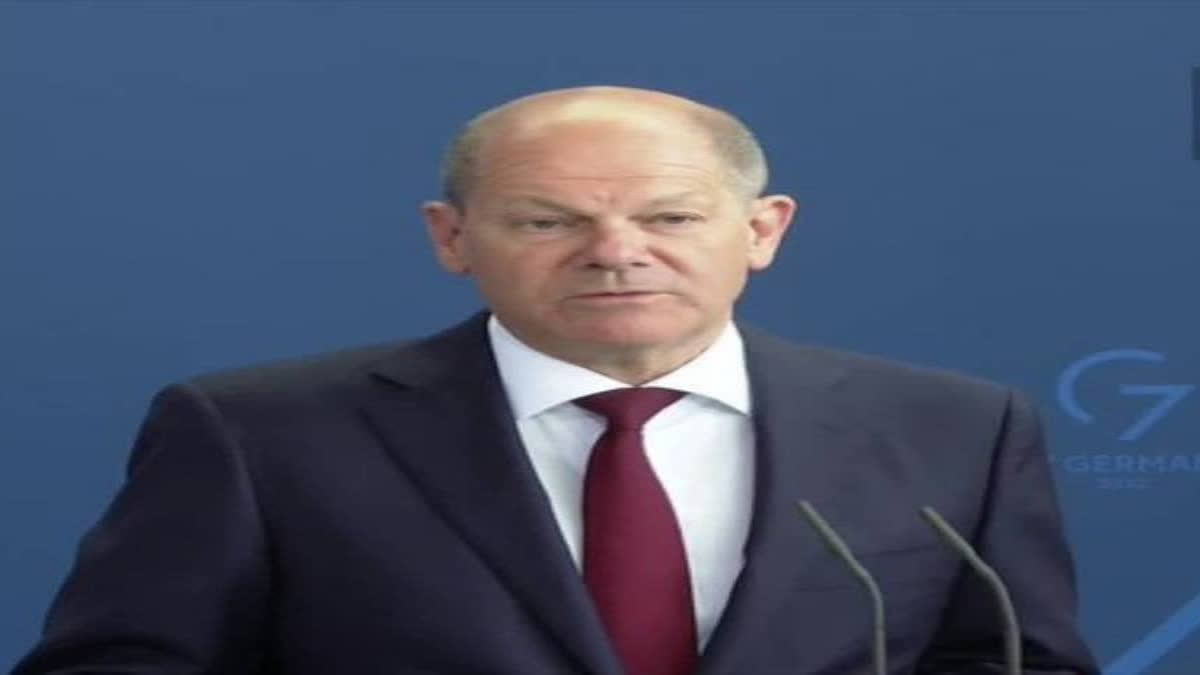New Delhi:In a strong message to China, from India, German Chancellor Olaf Scholz on Friday said that there is a need to avoid one-sided dependencies, especially in areas of strategic importance. Olaf is visiting New Delhi at a crucial time when he is trying to revive Germany's economy, which has been pounded by the Ukraine war and the growing Chinese influence in the global economy.
Olaf is on a three-day visit to New Delhi as he seeks to forge a strategic partnership with India to reduce its reliance on Beijing given the sour relationship. Addressing the 16th Asia Pacific conference of German business, Olaf Scholz said, "We must avoid one-sided dependencies, especially in areas of strategic importance, critical raw material, technologies. China now, an industrial giant, should give up the special treatment it received as a developing country."
He said, "The Korean Peninsula, the South and East China Sea all remain flash points of potential conflicts, even though we all hope that these conflicts can be contained...let us do whatever we can to bring about political solutions to these conflicts. Solutions that are based on international law and the principles of the UN Charter."
On the Russia-Ukraine conflict, the German Chancellor said, "If Russia is to succeed in its illegal brutal war against Ukraine, there would be repercussions far beyond Europe's borders. Such an outcome would endanger global security and prosperity as a whole. The Middle East remains another constant source of tension and a stark reminder of the human cost of division and the world's inability to reach political solutions."
The world of the 21st century is something where progress is a question we have to work for. But in a multipolar world, there is no global policemen, no single watchdog monitoring or common rules and institutions, every one of us is called upon to defend and uphold them," he added.
He said, "Overall message is clear--we need more cooperation, not less--globalisation has been and remains a tremendous success story for all of our nations. Around one billion people in developing and middle-income countries alone have joined the middle class, thanks to global value chains, cross-border investments and economic cooperation".
